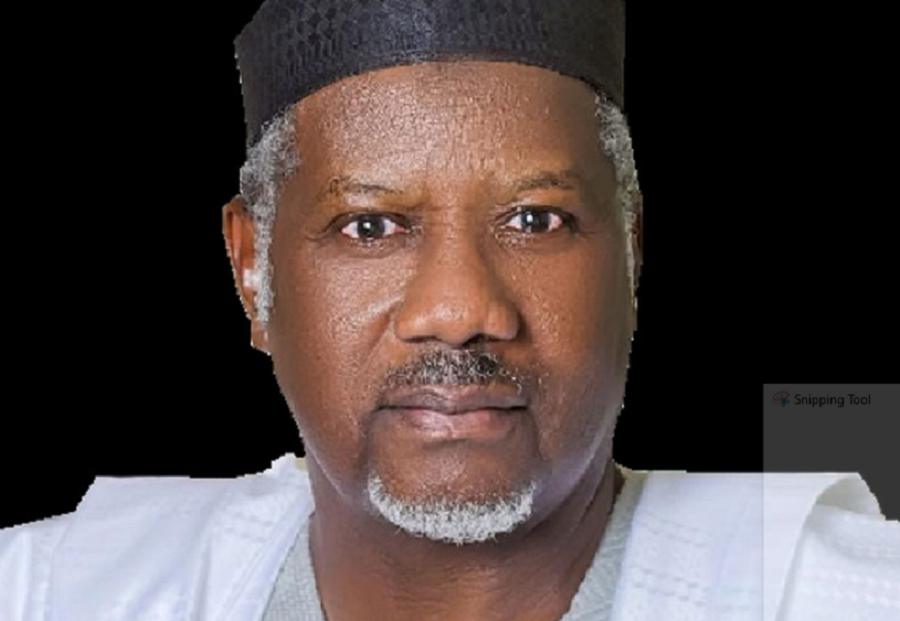Adopting a Restrictive Rule of Origin will not allow the Nigerian manufacturing industry enjoy the full benefits of the African Continental Free Trade Area (AfCFTA). This is according to Peter Lunenborg, the Senior Program Officer at South Centre.
According to him, most sectors in the industry still source the bulk of their raw materials and expertise from outside the continent.
Speaking at the Manufacturers Association of Nigeria (MAN) webinar themed “AfCFTA Rule Of Origin: Implication For Growth Of Manufacturing Sector,” Lunenborg noted that while restrictive rules of origin are the best for wealth creation, the African continent cannot afford to toe that path just yet.
“It needs to be flexible because so far, most of the things produced here still require some input from foreign countries, in form of raw material or technology or expertise. For instance, Nigeria imports half of the wheat used for its flour manufacturing from the United States, because Africa has a huge supply deficit,” he said.
READ MORE: AfCFTA forces FG to revamp port infrastructure to avert trade loss
Why this matters
One of the objectives of the AfCFTA is to promote industrial development through diversification and regional value chain development, Agricultural Development, and Food Security. AfCFTA also aims to create a single market for goods, services, and movement of persons within the African continent.
One of the ways of achieving this is removing duties and taxes from goods produced within the continent.
However, with many of the manufacturing companies sourcing a bulk of their raw materials externally, a restrictive rule of origin will not let the local industries to fully reap the benefits of the Free Trade Area.
Lunenborg explained that this is the reason for adopting a flexible rule of origin so that local companies that source a minimum 40% of their raw materials locally can be qualified as originating and given the benefits.
Adopting a flexible RoO first is a trade-off where the country gives up some benefits so that local manufacturers can benefit from the arrangement at the level they are.
READ MORE: World Bank, IFC show interest to develop Akwa Ibom Free Trade Zone
Reaping AfCFTA’s benefits
Aissata Koffi Yameogo, ECOWAS’ Programmes Officer in charge of implementing AfCFTA rules of origin in the continent, said in her address that the implementation will expand market for the manufacturing industry to 1.3 billion West African citizens, without additional duties and fees.
“It will build production capacity in the region and develop the value chain, and increased export to other African states” she added.
The benefits would also encourage member states to specialise in the production of a certain good where they have a comparative advantage, thus enhancing the quality and quantity of local production and creating more jobs.
She commended MAN for the webinar, noting that it was important for manufacturers to be sensitized and trained adequately so that they could reap maximum benefits of the AfCFTA.
MAN President, Mansur Ahmed, in his welcome address delivered by Paul Gbededo, noted that the MAN webinar series are geared towards sensitizing manufacturers in the country, and working together to create “a watertight Rule of Origin” within the next six months.
READ: ACFTA a potential game changer for Africa?
Why Nigeria is yet to ratify implementation of AfCFTA
Even though 30 countries have ratified the implementation of the agreement, AfCFTA is yet to get ratified by an Act of the Nigerian Assembly.
Secretary of the National Action Committee on AfCFTA, Francis Anatogu, stated in his presentation that some of the threats to Nigeria’s ratification of the agreement include; the rise in smuggling, illegal transshipment of goods from non-African countries, and import surge arising from trade liberalisation without corresponding growth in export of Nigerian products.
“Nigeria also has to combat with the influx of substandard products due to uneven quality standards in some African countries, and loss of revenue from import duties and levies, exacerbated by smuggling and Rule of Origin abuses. Putting these things in check will help speed the ratification of the AfCFTA” Anatogu stated.
He added that the National Action Committee on AfCFTA is working together with the Manufacturers Association of Nigeria (MAN) on the issues, to hasten the ratification of the agreement.
The Backstory
President Muhammadu Buhari, in July 2019, after initially withdrawing assent, signed the AfCFTA agreement at the 12th Extraordinary Session of the Assembly of the African Union in the Niger Republic.
According to International Monetary Fund (IMF), the elimination of tariffs could boost trade in Africa by 15-25% in the medium term, and once fully implemented, is expected to cover all 55 African countries, with a combined GDP of about US$2.2 trillion.
